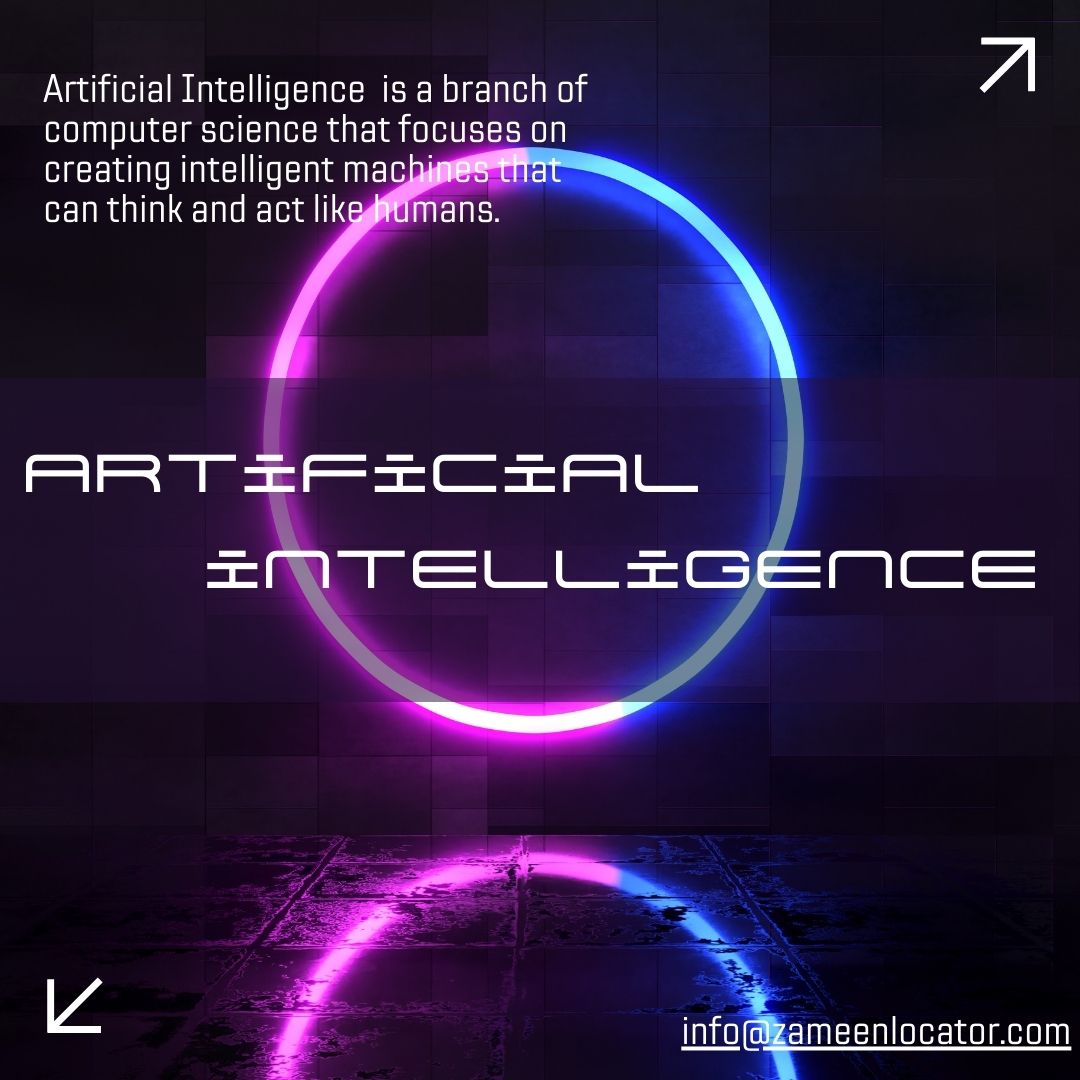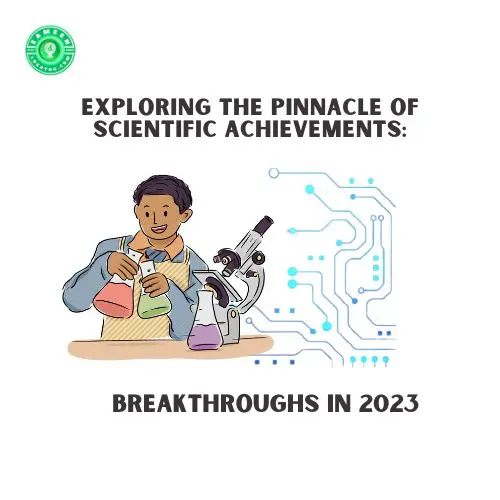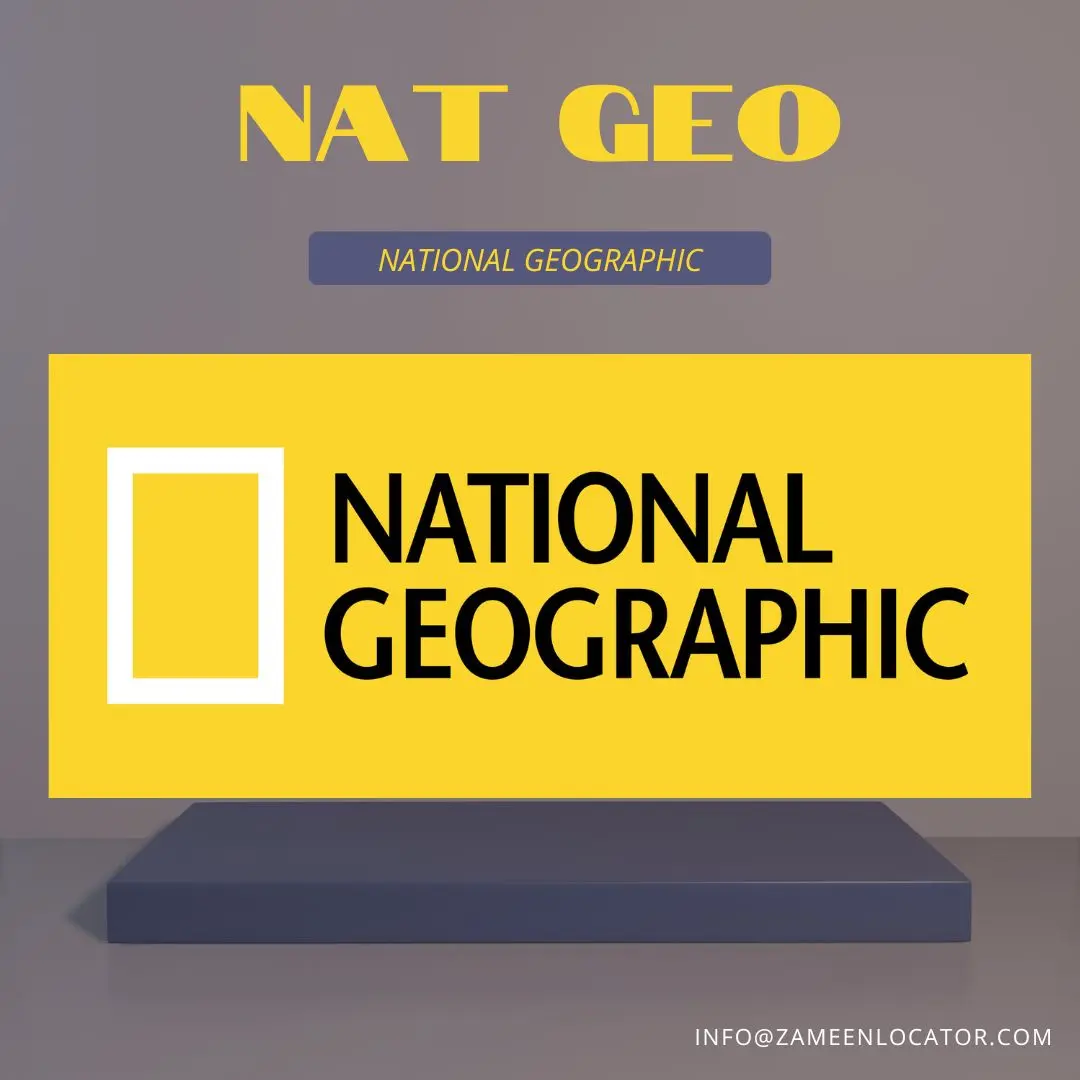
The Future of Human-AI Collaboration: Advancing Intelligence Through Seamless Partnership
- In the era of rapid technological advancement, one of the most intriguing frontiers is the collaboration between humans and artificial intelligence (AI). This evolving relationship holds the potential to redefine the way we work, live, and innovate. As we stand at the intersection of human intellect and machine learning, let's explore the exciting possibilities and implications of the future of human-AI collaboration.
The Evolution of AI:
- Artificial Intelligence has come a long way since its inception. Early AI systems were limited in capabilities, but recent breakthroughs in machine learning, deep learning, and natural language processing have propelled AI to unprecedented heights. Today, AI can analyze vast datasets, recognize patterns, and even engage in complex decision-making processes.
The Current State of Human-AI Collaboration:
- AI is already integrated into various aspects of our daily lives, from virtual assistants on our smartphones to predictive algorithms in healthcare and finance. However, the future holds promises of a deeper and more meaningful collaboration between humans and AI, transcending the current use cases.
- Enhanced Productivity and Efficiency:
- Human-AI collaboration is poised to enhance productivity across industries. AI systems can automate repetitive tasks, allowing humans to focus on more creative and strategic aspects of their work. This symbiotic relationship revolutionizes industries as manufacturing, logistics, and AI in customer service.
- Innovative Problem-Solving:
- The synergy between human creativity and AI's analytical prowess can lead to groundbreaking problem-solving approaches. In scientific research, AI algorithms can analyze vast datasets to identify trends, enabling scientists to formulate hypotheses and design experiments more efficiently.
- Personalized Experiences:
- As AI systems become more they can tailor experiences to individual preferences. From personalized learning in education to curated content in entertainment, the collaboration between humans and AI can result in more customized and satisfying user experiences. For instance, an AI voice generator enables hyper-personalized audio experiences - from digital assistants that adapt their tone to match user preferences, to audiobook narrators that can read in any voice style. This technology demonstrates how AI can create more natural and engaging human-computer interactions while preserving the human touch in digital experiences.
- Ethical Considerations:
- With increased reliance on AI, ethical considerations become paramount. The responsible development and use of AI are critical to ensuring fairness, transparency, and accountability. Striking the right balance between human oversight and AI autonomy will be crucial in navigating the ethical challenges that may arise.
The Future Landscape:
- Looking ahead, the future of human-AI collaboration holds exciting possibilities:
- AI Augmented Creativity:
- AI is increasingly in creative fields such as art,AI music, and design. Collaborations between artists and AI algorithms are yielding unique and avant-garde creations, challenging our perceptions of creativity and artistic expression.
- Healthcare Revolution:
- AI can assist in diagnosis, treatment planning, and drug discovery. The combination of medical expertise and AI algorithms has the potential to revolutionize patient care, making it more precise and personalized.
- Human-Centric AI Design:
- Future AI systems will likely human values and preferences. Human-centric AI will prioritize user experience, fostering a more intuitive and harmonious collaboration between humans and machines.
Conclusion:
- The future of human-AI collaboration is a frontier filled with endless possibilities. As we navigate this evolving landscape, it is essential to approach AI development with a commitment to ethical standards and a focus on augmenting human capabilities rather than replacing them. The synergy between human ingenuity and artificial intelligence has the power to shape a future where innovation knows no bounds. It's a journey worth embracing—one that holds the key to unlocking the full potential of both human and machine intelligence.
Frequently asked questions (FAQs)
- 1. How does human-AI collaboration differ from current AI applications?
- Answer:Human-AI collaboration goes beyond the current applications where AI is predominantly used as a tool or assistant. In collaboration, humans and AI work together synergistically, combining the unique strengths of human creativity, intuition, and emotional intelligence with the analytical capabilities and efficiency of AI. It's a more integrated and cooperative partnership.
- 2. What ethical considerations should be taken into account in the future of human-AI collaboration?
- Answer: Ethical considerations in human-AI collaboration are crucial. Ensuring transparency in AI decision-making processes, preventing bias in algorithms, and addressing issues of accountability are paramount. Striking a balance between human oversight and AI autonomy will be essential to avoid potential pitfalls and ensure responsible use.
- 3. How can AI enhance creativity in collaborative endeavors?
- Answer: AI can enhance creativity by offering novel insights, generating ideas, and even assisting in the creative process. In fields like art and design, AI algorithms can provide inspiration, helping human creators explore new possibilities. The collaboration allows for a fusion of computational power and human ingenuity, pushing the boundaries of traditional creative domains.
- 4. What role will human values play in the development of AI systems for collaborative purposes?
- Answer: Human values will play a central role in the future development of AI systems. Designing AI with a human-centric approach involves considering ethical implications, cultural nuances, and user preferences. Aligning AI systems with human values ensures that the collaboration enhances human experiences rather than compromising them.
- 5. How might the future of human-AI collaboration impact job roles and employment?
- Answer: The integration of AI into various industries will likely reshape job roles rather than replace them entirely. While routine and repetitive tasks may become automated, human skills such as critical thinking, creativity, and emotional intelligence will become more valuable. The future job landscape may see a shift towards roles that require a strong collaborative effort between humans and AI systems.



